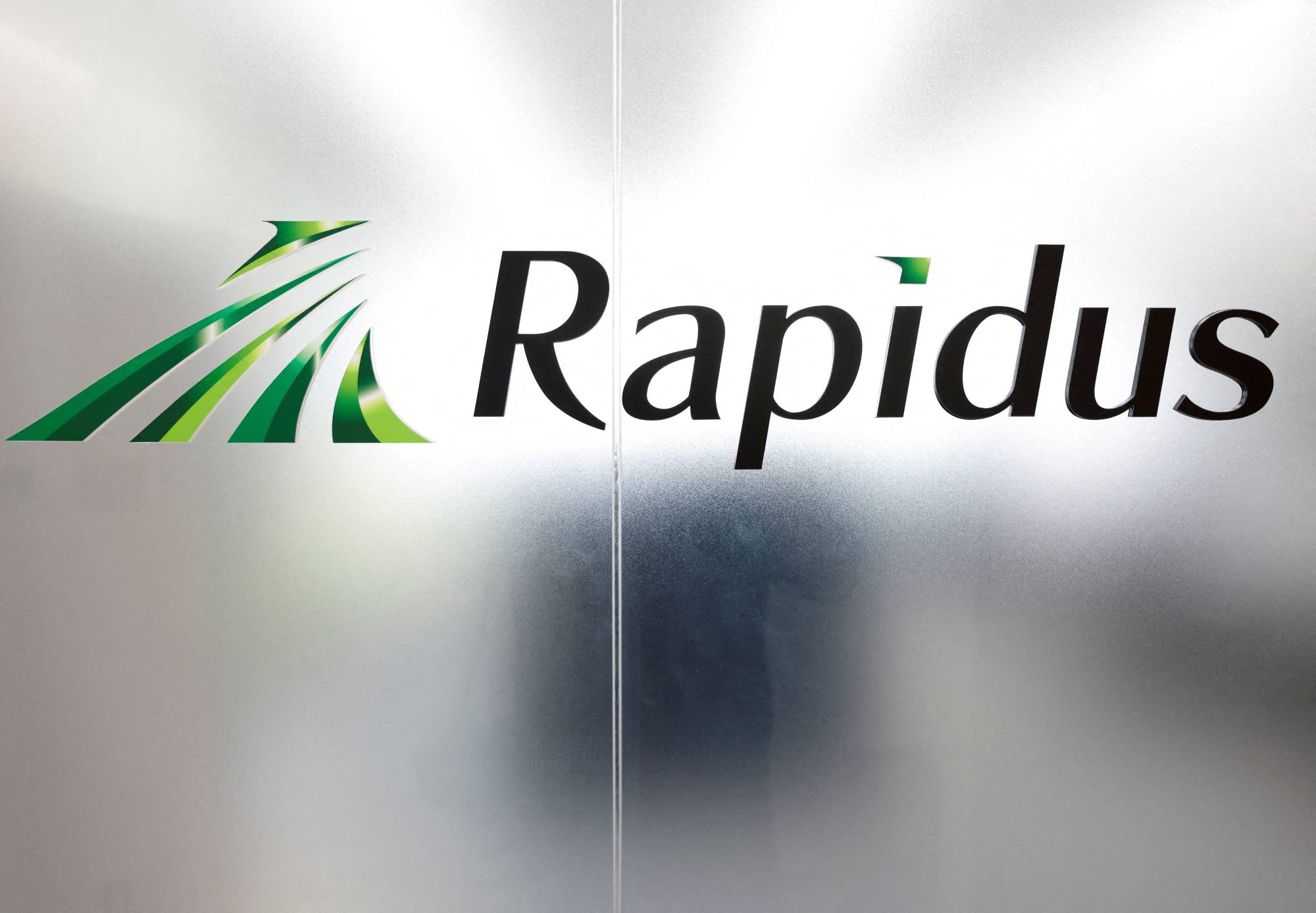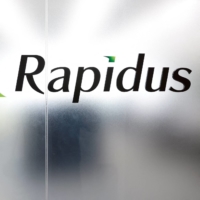State-backed chipmaker Rapidus said on Tuesday that it will build a plant in Hokkaido as it seeks to begin mass-production of chips with state-of-the-art 2-nanometer technology in five years.
The company declined to provide the investment plan for the new plant but has said it will spend ¥5 trillion ($37 billion), including research and development expenditure, to launch mass-production.
The factory will be a chip-production hub in Japan, as the country aims to rejuvenate its semiconductor sector through government initiatives.
Rapidus President Atsuyoshi Koike said in a meeting with Hokkaido Gov. Naomichi Suzuki that his company decided to set up a plant in Chitose, southwestern Hokkaido, citing ample water supply and availability of renewable energy as the reasons. Semiconductor chips need to be rinsed with ultrapure water.
The company is planning to set up the plant in an industrial complex near New Chitose Airport but declined to give other details such as production capacity and the construction schedule.
"We hope to make a specific plan based on the government's viewpoint and budget approval procedure," Koike told reporters.
Advanced chips to be made at the plant could be used in 5G communications, quantum computing, data centers, self-driving vehicles and digital smart cities.
Rapidus, established by Toyota, Sony Group and six other major Japanese companies last year, plans to set up a trial production line around 2025.
The government will provide subsidies of ¥70 billion as part of efforts to revive the country's semiconductor industry, which has lost its competitive edge to producers in Taiwan and South Korea over the years.
Rapidus has recently partnered with U.S. tech giant IBM to manufacture advanced chips.




